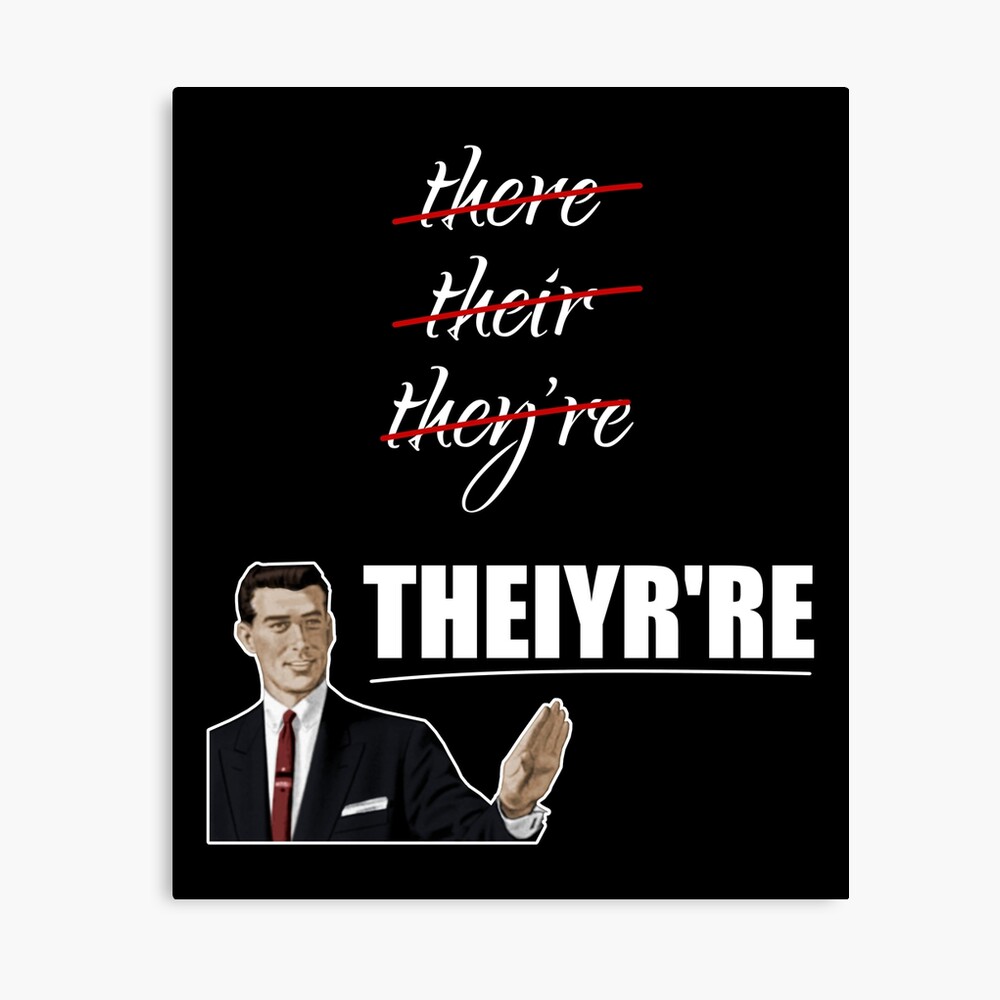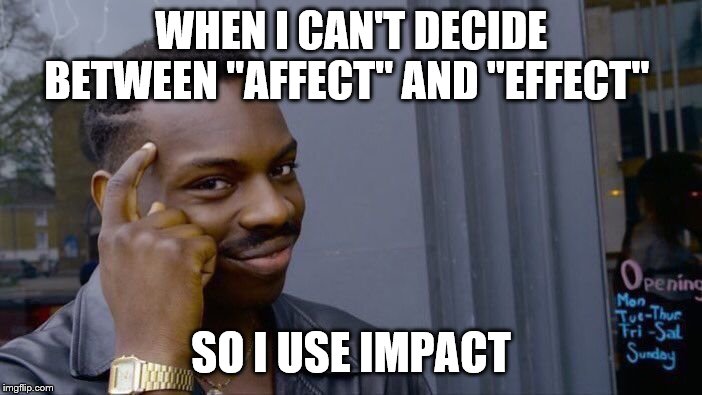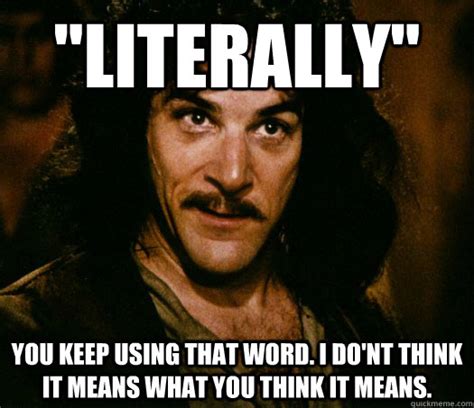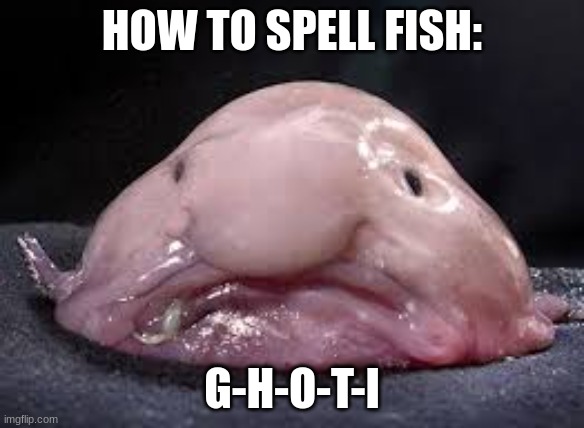Memes have taken the internet by storm in recent years, and for good reason: they’re a fun and engaging way to communicate ideas and express humor. But did you know that memes can also be a helpful tool for language learning? By using memes that focus on specific aspects of English vocabulary, learners can improve their understanding and retention of the language in a lighthearted way. In this article, we present 10 hilarious English language memes that are sure to make you laugh and help you learn new words.
I before E except after C

The first meme on our list pokes fun at one of the most well-known spelling rules in English: “I before E except after C.” The meme shows a confused person looking at a dictionary and captioned with a joke about how this rule has too many exceptions. This meme can help learners remember the correct spelling of words like “receive” and “believe.”
Your / You’re

One of the most common grammatical errors in English is confusing the possessive form “your” with the contraction “you’re.” This meme shows a person pointing at a sign that says “your stupid” and captioned with a joke about how using the wrong form of “your” can make you look stupid. By using this meme, learners can differentiate between these two forms of the word and avoid making this common mistake.
There / Their / They’re

Similar to the previous meme, this one focuses on another common source of confusion for English learners: the words “there,” “their,” and “they’re.” The meme shows a confused person holding three boxes labeled with each of these words and is captioned with a joke about how these words sound the same but have different meanings. By using this meme, learners can better understand the correct usage of these homophones.
Affect / Effect

The words “affect” and “effect” are often used interchangeably, but they actually have distinct meanings. This meme shows a person holding a sign that says “the effect of education on intelligence” and is captioned with a joke about how “effect” is a noun and “affect” is a verb. By using this meme, learners can improve their understanding of when to use each of these words correctly.
Literally

The word “literally” is often used incorrectly to mean “figuratively,” which can be frustrating for language purists. This meme shows a person with their head exploding and is captioned with a joke about how using “literally” incorrectly can be a headache. By using this meme, learners can better understand the correct usage of this word.
Whom

The word “whom” is often misused or neglected in casual conversation, but using it correctly can be a sign of intelligence. This meme shows a person looking at a sentence and is captioned with a joke about how using “whom” correctly is a sign of sophistication. By using this meme, learners can better understand when to use “whom” instead of “who.”
Irony

The concept of irony can be tricky to grasp for English learners, and this meme pokes fun at the common misuse of the term. The meme shows a person holding an umbrella in the rain and is captioned with a joke about how this is not actually ironic. By using this meme, learners can better understand the difference between irony and coincidence.
Synonym

Using synonyms can be a helpful way to improve the variety and depth of one’s language, but it’s important to use them correctly. This meme shows a person holding a sign that says “I am euphoric” and is captioned with a joke about how using a synonym can sometimes make you sound ridiculous. By using this meme, learners can better understand when it’s appropriate to use synonyms and when it’s better to stick with the original word.
Idioms

English is full of idiomatic expressions that can be confusing for learners, and this meme pokes fun at one of the most well-known ones. The meme shows a person looking at a picture of a cat with a caption that reads “curiosity killed the cat” and is captioned with a joke about how the cat was probably just being a cat. By using this meme, learners can better understand the meaning behind idiomatic expressions.
Pronunciation

English pronunciation can be a challenge, especially for those who are not native speakers. This meme shows a person holding a sign that says “ghoti” and is captioned with a joke about how this word can be pronounced “fish” using English pronunciation rules. By using this meme, learners can better understand the complexities of English pronunciation and have some fun along the way.
In conclusion, memes can be a fun and effective way to learn and remember English vocabulary. By using these 10 hilarious memes, learners can improve their understanding and retention of spelling, grammar, idioms, pronunciation, and more. So the next time you’re struggling to remember a particular word or concept, try searching for a meme that can help you out – and don’t forget to have a laugh while you’re at it!



コメント